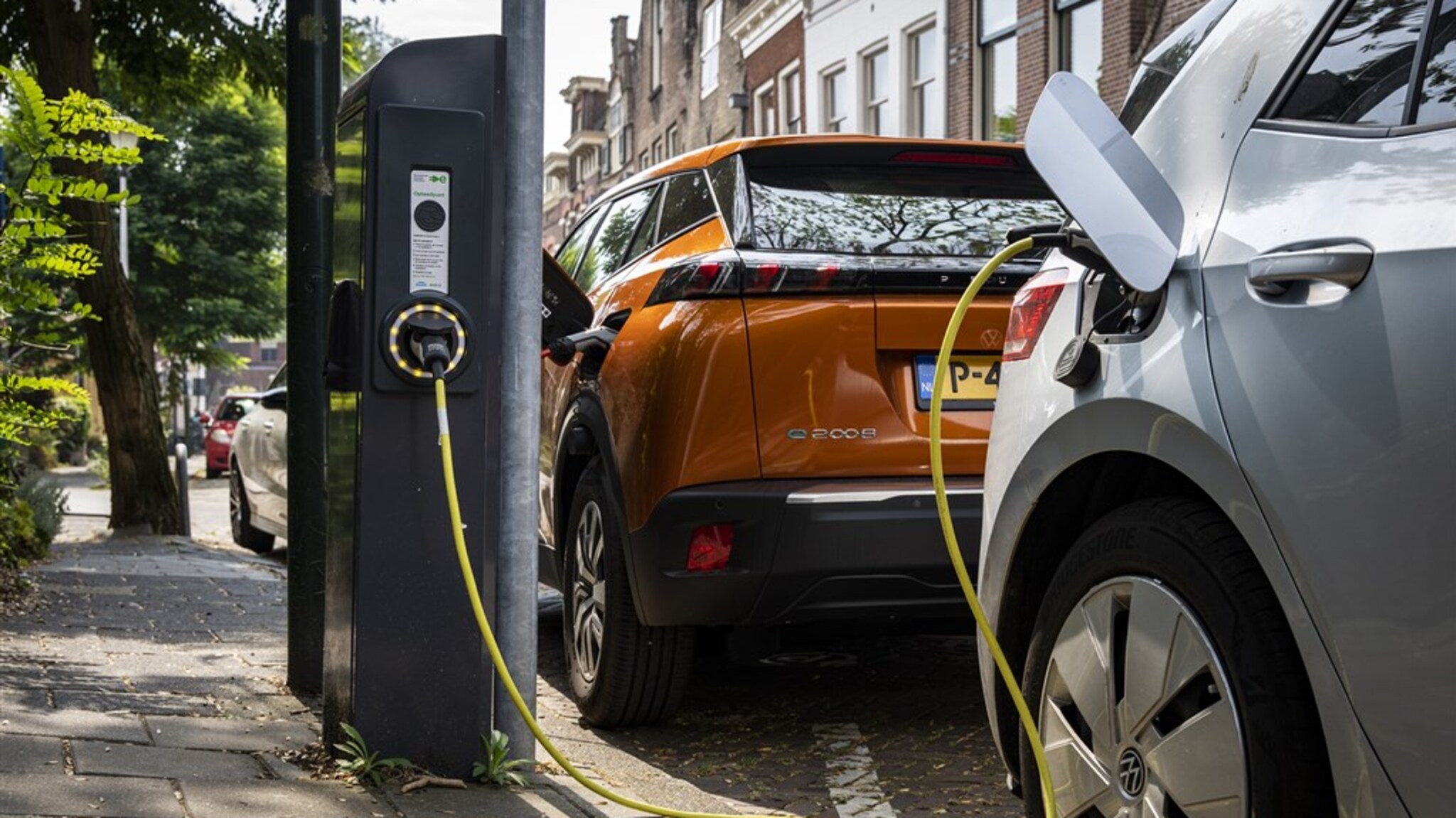De Telegraaf reports this based on current electricity prices and average consumption figures used by the ANWB for a mid-range petrol car.
‘You must remain financially attractive’
Expert Roland Steinmetz of EVConsult calls it a “highly undesirable situation.” “It’s important that electric driving remains financially attractive,” he says.
The Dutch who still hold a fixed-power contract at the old rates can still take advantage of the electric car, but those who have to sign a new variable contract (or have already done so) are more expensive with an electric car than with a petrol car.
According to Steinmetz, many electric drivers already ignore their charging station, because the rate is lower at public charging stations. “But this price difference cannot be sustained,” he explains to De Telegraaf.
21 kWh per 100 km
Marco Eninem, an electric vehicle expert at ANWB, tells the newspaper that public charging stations often have a maximum price tag thanks to municipalities and counties. This is the reason for the low prices there.
With an ANWB pass, you can still go to these charging stations for 0.36 euros per kWh. The current variable electricity rate is 0.77 euros per kilowatt-hour. An electric vehicle uses an average of about 21 kWh per 100 km.
“cost splitting”
“No one expected that the price of energy would go up so high,” says Steinmetz. “The parties should consider how to divide the costs.”
ANWB’s Eenennaam also believes that charges at charging stations will increase in the long run. He stresses that cheap electric charging is still possible, for example using solar panels.







